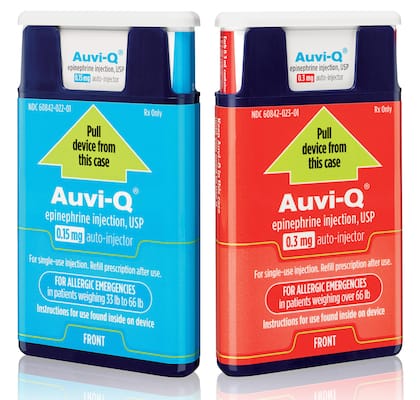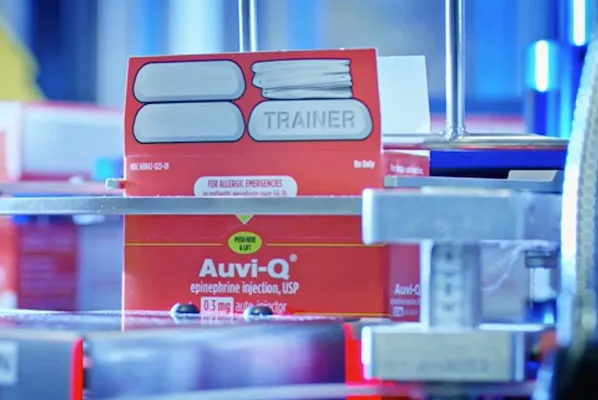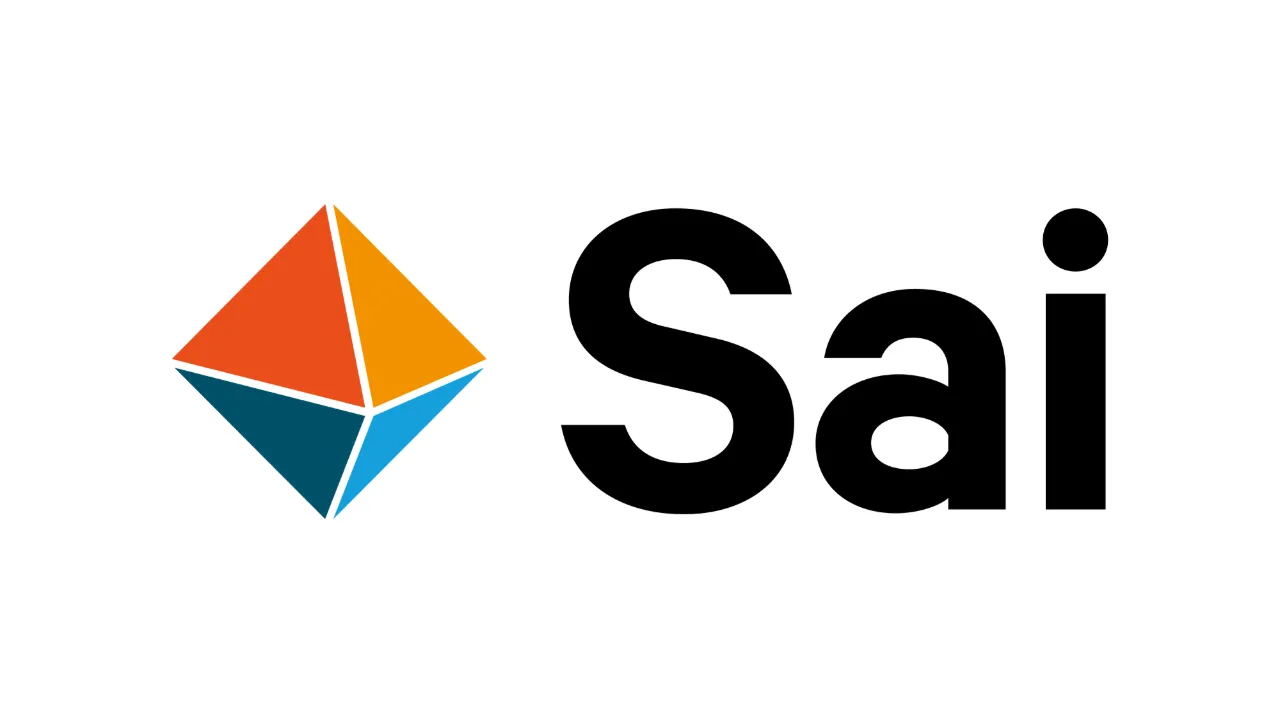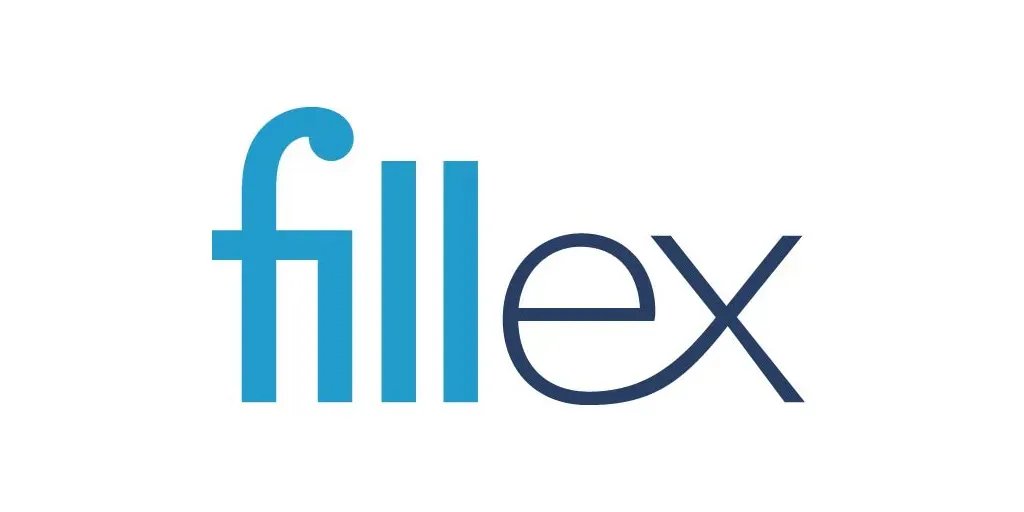RICHMOND, Va. — Pharmaceutical company Kaleo plans to reintroduce the Auvi-Q epinephrine auto-injector to the U.S. market in the first half of 2017.
For emergency use in treating life-threatening allergic reactions such as anaphylaxis, Auvi-Q is expected to provide an option to the EpiPen from Mylan Inc., which has been lambasted by government officials, the media and consumers for the product’s surging price in recent years.
“Today’s news represents an important milestone for the life-threatening allergy community, which has suffered from a lack of epinephrine auto-injector options for far too long,” Evan Edwards, vice president of product development and industrialization at Kaleo, said in a statement.

Auvi-Q is a compact epinephrine auto-injector that Kaleo said brings industry-first features. They include a voice prompt system that guides a user with step-by-step instructions through the delivery process, and a needle that automatically retracts after the drug is administered.
Kaleo noted that Auvi-Q, to be available in 0.15-mg and 0.3-mg doses, is engineered to help patients and caregivers to confidently administer epinephrine in allergic emergencies.
“We believe that patients should have options when it comes to epinephrine auto-injectors for life-threatening allergic reactions,” commented Spencer Williamson, president and chief executive officer of Kaleo.
EpiPen had been the only product of its kind available since Sanofi pulled Auvi-Q from the market in November 2015 because of inaccurate dosage delivery. But then in February, Sanofi and Kaleo, Auvi-Q’s developer, announced plans to terminate their licensing and development agreement. That returned Auvi-Q’s U.S. and Canadian rights to Kaleo and cleared the way for the company to reintroduce the product.
Kaleo said that, after regaining the rights to Auvi-Q, the company conducted a comprehensive manufacturing assessment and invested in new technology and quality systems to ensure accurate, reliable and consistent delivery. Auvi-Q is made on an intelligent, fully automated robotic production line with more than 100 automated quality checks on each product.
Auvi-Q was created by twin brothers Eric and Evan Edwards, a physician and an engineer who each suffer from life-threatening allergies.

Spencer Williamson
“As a patient and parent of children with life-threatening allergies, I know how the moment of an allergic emergency can unfold — with panic and fear — and that is why I believe and trust in Auvi-Q, not only for myself but also for my children and other families who might have to depend on it,” stated Eric Edwards, vice president of product strategy at Kaleo. “Driven by this reality, Kaleo strives for flawless manufacturing to ensure each Auvi-Q is built to exceptional quality standards.”
Evan Edwards commented, “As the inventors of Auvi-Q, my brother and I have dedicated our lives to researching and developing an innovative epinephrine auto-injector that would do for severe allergy sufferers what the AEDs did for cardiac arrest in the community — namely, a product that could assist and guide even an untrained user through a life-threatening emergency.”
Regarding epinephrine auto-injector access and cost issues for patients, Kaleo said it’s working to engage with various stakeholders — including wholesalers, insurers, pharmacies and pharmacy benefit managers — so that all patients have ready, affordable access to Auvi-Q.
“When a health care practitioner prescribes Auvi-Q, determining that it is best for a patient, we believe that the patient should be able to obtain the product without insurance barriers or being subjected to a high out-of-pocket cost,” Williamson added. “As we prepare to make Auvi-Q available once again in the United States, our priority is to return Auvi-Q to the market as an epinephrine auto-injector alternative that all patients can afford.”
In late August, Mylan announced that its U.S. subsidiary would launch a generic version of EpiPen. The company said the generic product would carry a list price of $300 for a two-pack carton, a discount of more than 50% to the Mylan list price, or wholesale acquisition cost, of the branded medicine. Mylan added that it would continue to market and distribute the branded EpiPen product.
Also at the end of August, amid the public furor over EpiPen pricing, Impax Laboratories Inc. gave what it called an update for its generic epinephrine auto-injector, an authorized generic of Amedra Pharmaceuticals’ Adrenaclick. Impax said that it was providing additional information to patients, doctors and customers about its epinephrine injection auto-injector in 0.15-mg and 0.3-mg doses.









